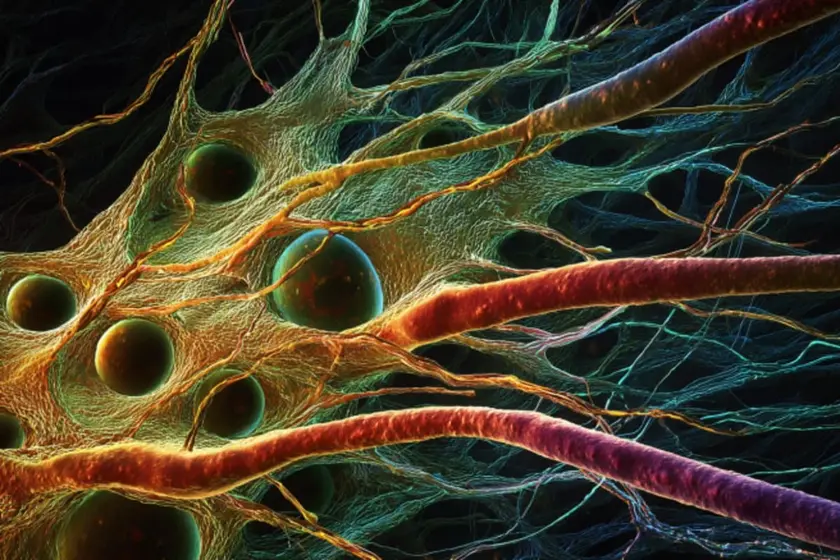T4K3.news
Nature time helps brain reset
New research supports attention restoration theory showing nature reduces stress and boosts focus.

A concise look at how time spent in nature helps the brain reset and sharpen focus through undirected attention.
Nature time restores attention and clarity
In a world of constant notifications, researchers say the brain needs regular breaks. Attention restoration theory, developed by Rachel and Stephen Kaplan in 1989, distinguishes directed attention from undirected attention and argues that time in natural settings helps restore the former by letting the mind wander without a specific goal. Once common boring moments provided mental downtime, but smartphones now fill every pause with stimuli, making recovery harder.
Neuroscience and multiple studies back the idea. Neuroimaging shows reduced amygdala activity after exposure to nature, while a systematic review of 42 studies links natural environments with better attention and mood. A randomized trial found that a 40-minute walk in nature lowered stress more than an urban walk, and even short, undirected moments can improve cognitive test performance. Practical tips include seeking green spaces, turning off devices, and viewing nature scenes during sedentary moments.
Key Takeaways
"it's not laziness, it's neurological maintenance."
A core takeaway about cognitive recovery.
"Let your brain wander and reset."
A call to embrace undirected thinking during breaks.
"Nature acts as the brain's gentle reboot."
A concise restatement of the restorative idea.
"Quiet moments teach the brain to recover."
Observes the restorative process in daily life.
The piece reframes break time as a design problem for modern life. In offices, schools, and homes, leaders could promote digital wellness by creating space for undirected attention. The science is persuasive but not yet universal; more diverse populations and longer follow-ups are needed. It also points to inequality: access to nature varies by city and income, raising questions about who benefits most.
If taken seriously, the idea invites changes in habit and policy. Employers could encourage nature breaks, urban planners could expand green spaces, and educators could schedule lighter days after intense study. The risk is overclaiming; nature is not a fix for all mental health issues, and results should be applied with nuance as research continues.
Highlights
- Let the brain wander and reset
- Nature is the brain's gentle reboot
- Pause the feed and let thoughts roam
- Ten minutes of undirected attention can boost thinking
Time away from screens can become a daily habit worth cultivating.
Enjoyed this? Let your friends know!
Related News

ADHD sleep patterns signal in adults

Dopamine anchoring offers new motivation technique

Retina Sets its own timing

Simple evening habits improve morning digestion

Retired wrestler Hulk Hogan dies at 71 from cardiac arrest

Duke University finds natural weight control in gut bacteria

Morning brushing timing clarified by dentists

Body quirks draw online attention
